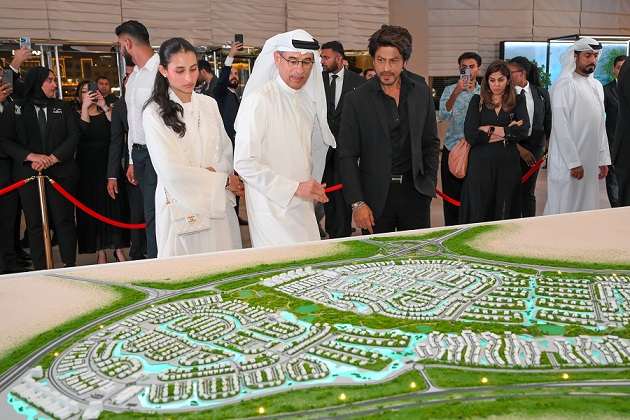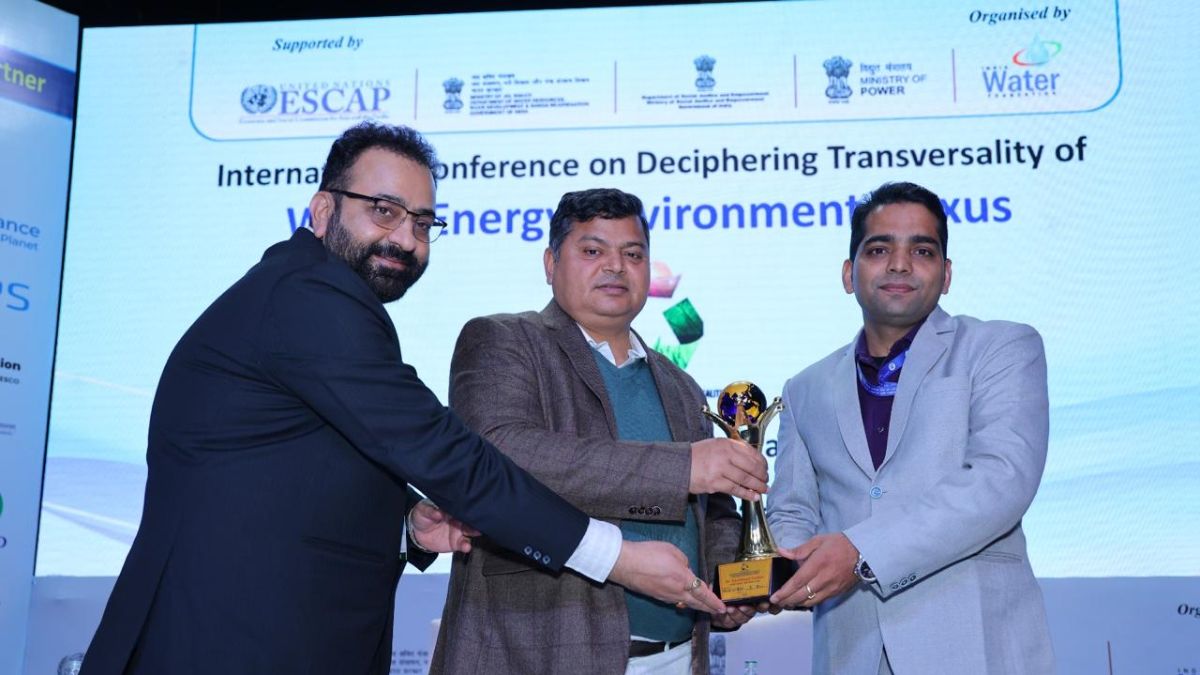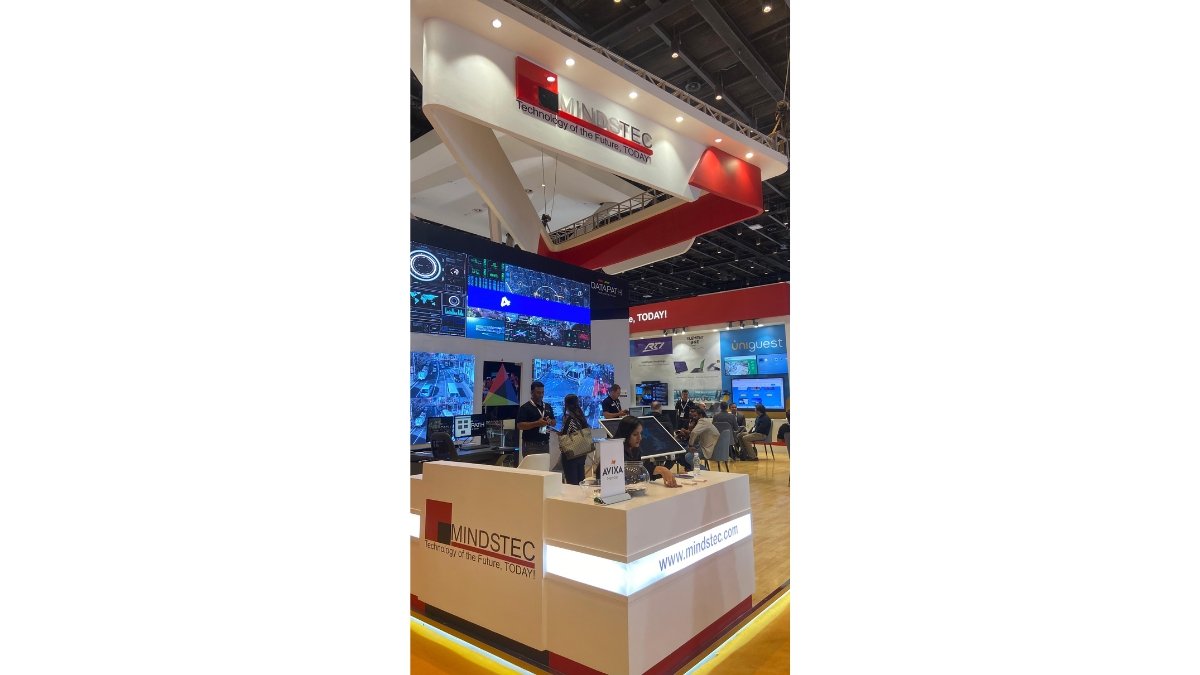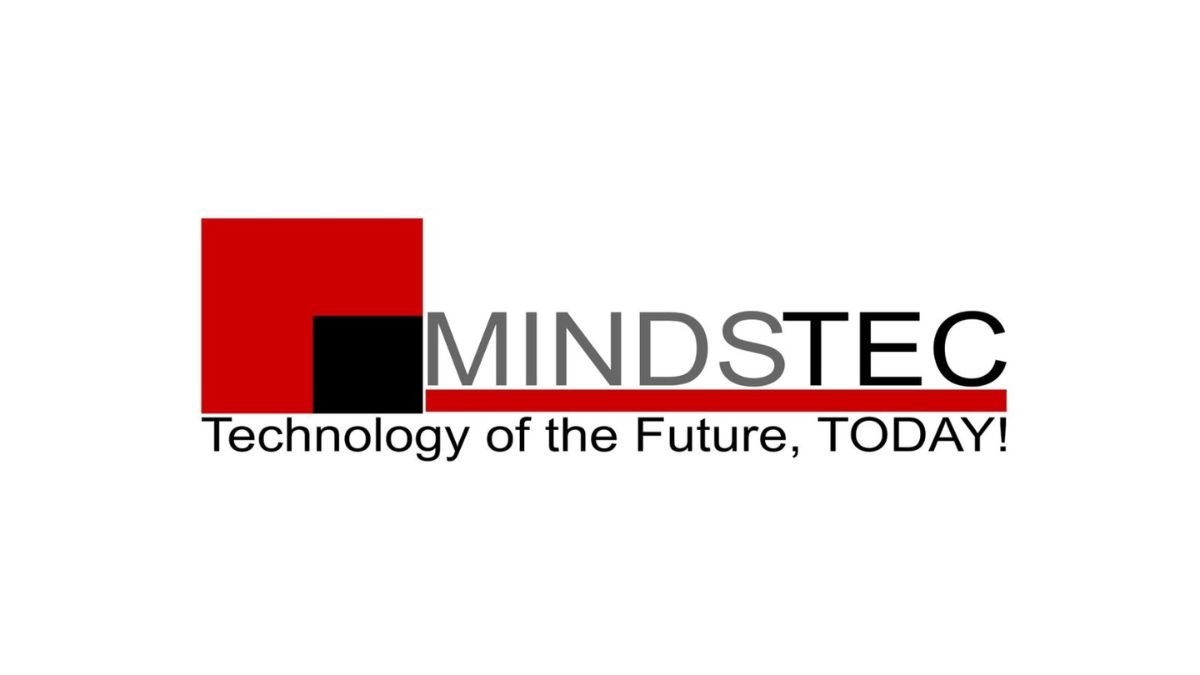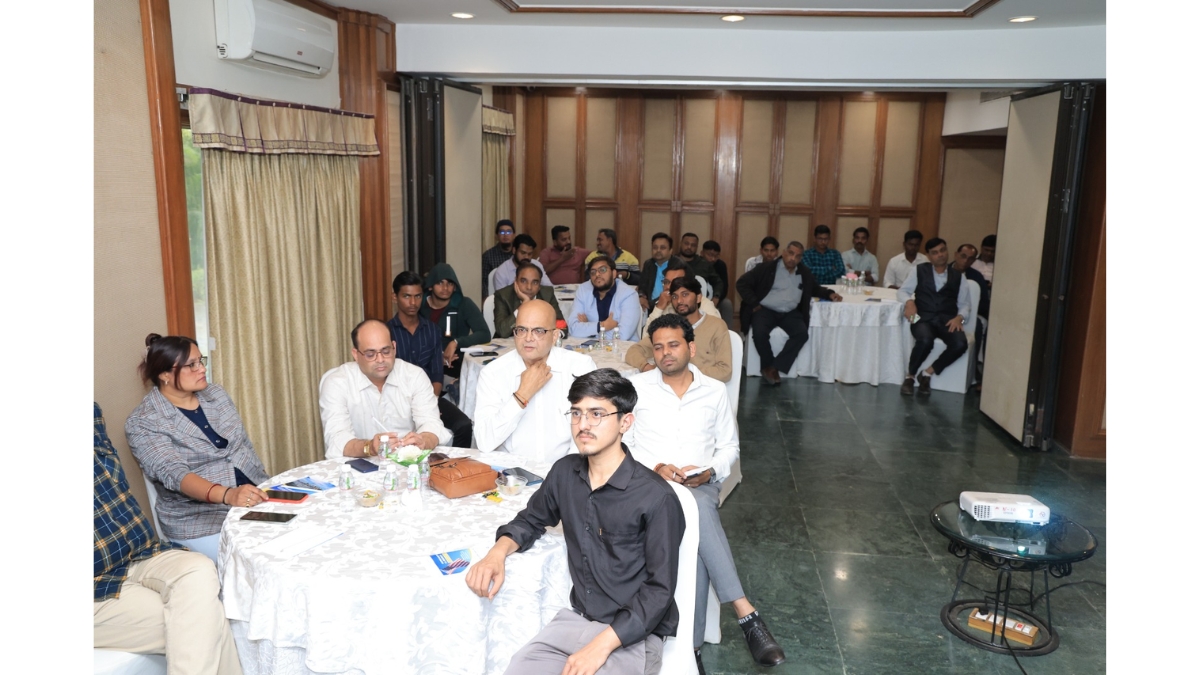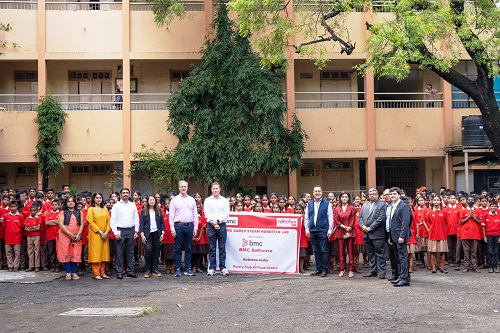How Automated Compliance Checking is Shaping Smart Cities
Pune (Maharashtra) [India] September 30: As urban areas evolve into smart cities, the role of compliance automation is becoming increasingly pivotal. Compliance serves as a cornerstone for ensuring that infrastructure development adheres to safety, environmental, and regulatory standards. This adherence is essential not only for safeguarding public safety but also for promoting sustainable practices. In [...]

Pune (Maharashtra) [India] September 30: As urban areas evolve into smart cities, the role of compliance automation is becoming increasingly pivotal. Compliance serves as a cornerstone for ensuring that infrastructure development adheres to safety, environmental, and regulatory standards. This adherence is essential not only for safeguarding public safety but also for promoting sustainable practices. In the context of smart cities, where advanced technologies like the Internet of Things (IoT) and smart grids are integrated, compliance becomes even more critical. Without robust compliance mechanisms, cities risk facing issues such as unsafe construction and environmental degradation, which could undermine their growth and livability.
However, implementing compliance across the diverse ecosystems that characterize smart cities presents significant challenges. The rapid evolution of climate change and Environmental, Social, and Governance (ESG) regulations necessitates that cities continuously adapt their infrastructures to meet new sustainability standards. Moreover, geopolitical pressures can create discrepancies in compliance requirements across regions, complicating efforts to establish uniform standards for global projects. Conduct risk also escalates with the scale of urban development, making it increasingly difficult to ensure that all stakeholders adhere to ethical and regulatory frameworks.
The advent of compliance automation offers a transformative solution for these challenges. Automated compliance tools streamline the enforcement of regulations in complex urban environments by leveraging interconnected systems such as sensors and data analytics. These tools not only reduce manual errors but also accelerate plan approvals and provide real-time monitoring—essential elements in the fast-paced development of smart infrastructure. By automating compliance checks, cities can manage a high volume of infrastructure projects while remaining aligned with evolving codes and regulations.
Real-world applications of automated compliance tools illustrate their effectiveness in smart city initiatives. For instance, Singapore has implemented an e-submission system that automates the checking of building plans against local codes, significantly reducing approval times and enhancing accuracy. Similarly, Dubai’s Building Permits System integrates advanced technologies to automate the entire lifecycle of building permit management, resulting in expedited construction timelines. In India, the Mumbai Municipal Corporation utilizes an automated system for building plan approvals that streamlines processes while ensuring adherence to safety and environmental standards.
These examples highlight how automated compliance systems are reshaping urban development by ensuring safety, efficiency, and sustainability. As cities continue to embrace technology-driven solutions, automated compliance checking emerges as a vital component in the quest for smarter urban environments. By fostering transparency and accountability in regulatory processes, these tools not only enhance project completion times but also contribute to creating safer and more resilient urban spaces.
As urbanization accelerates globally, the integration of automated compliance checking into smart city frameworks will be crucial for navigating the complexities of modern urban planning. This technology not only promises to enhance efficiency but also supports cities in their pursuit of sustainable growth while ensuring that they meet rigorous safety and regulatory standards.
About Author
Mr. Vijay Gupta, an IIT Mumbai alumnus, is the Founder, Chairman and Managing Director of SoftTech Engineers Limited. He holds an M. Tech degree from IIT Mumbai. Vijay strongly believes that technology has to be leveraged extensively to bring in speed, efficiency and transparency in the AEC (Architecture, Engineering & Construction) industry for private as well as public sector organizations. He has a rich experience of about 30 years in the development of cutting-edge BIM/ CAD/ CAE /Project Management Enterprise Software in the AEC domain.
About SoftTech Engineers Limited
A leading IT company facilitating business and technology transformation across the AEC industry through innovative software products and solutions. Equipped with 27+ years of deep domain expertise and industry knowledge, SoftTech has helped more than 4500 clients & government organizations, with more than 25000 users in India and around the world to gain a competitive edge and lead from the front in the industry.
If you have any objection to this press release content, kindly contact pr.error.rectification@gmail.com to notify us. We will respond and rectify the situation in the next 24 hours.






